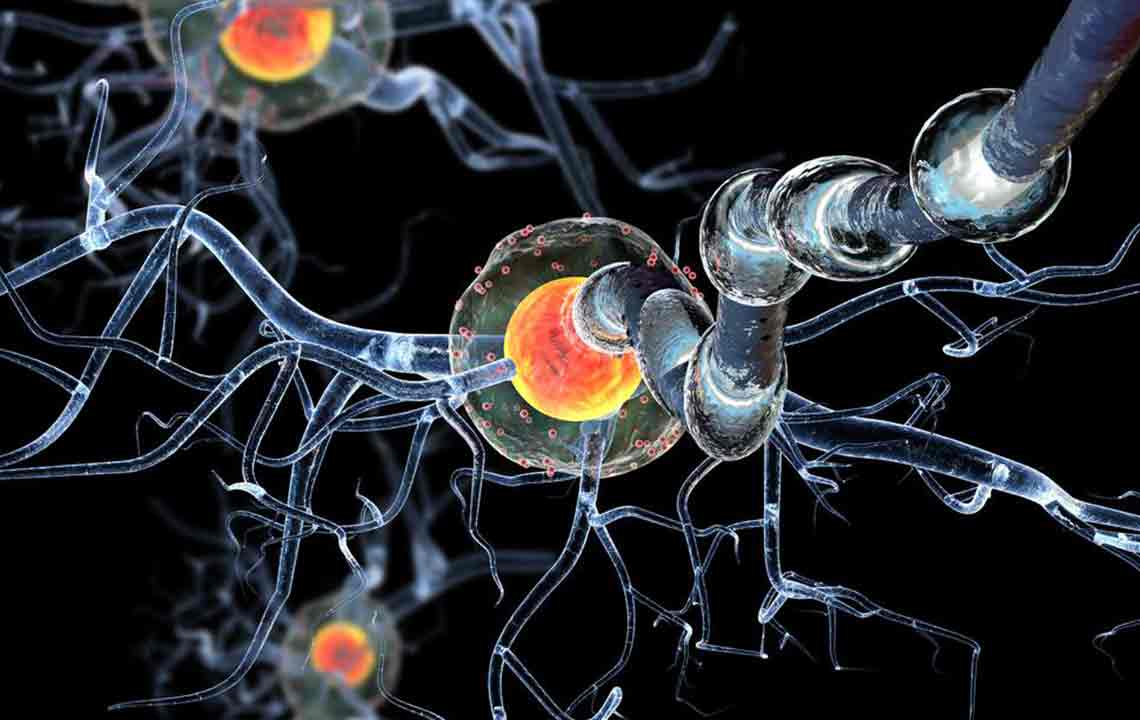Key Facts About Huntington's Disease and Its Impact
Huntington’s disease is a hereditary brain disorder causing cognitive, emotional, and physical decline, primarily affecting adults aged 30-50. Though incurable, symptom management and support improve patient quality of life. It impacts all genders and races, with organizations providing essential aid to affected families. Understanding the stages and symptoms helps in early diagnosis and care planning. Advances in research are ongoing to develop potential cures and therapies to combat this progressive and fatal illness.
Sponsored

Understanding Huntington's Disease: Key Insights
Huntington’s disease is a rare hereditary disorder that damages nerve cells in the brain, leading to severe mental and physical decline. It often manifests between ages 30 and 50, progressing over 10 to 15 years, and has no current cure. This genetic condition affects about 30,000 Americans, with over 200,000 at risk. Symptoms resemble Parkinson’s and Alzheimer’s, including personality changes, movement issues, and cognitive decline. Inherited through gene expansion, the disease affects all genders and races globally. Support organizations like the Huntington’s Disease Society of America provide crucial assistance to patients and families.
Symptoms typically include mood swings, depression, forgetfulness, unsteady movements, slurred speech, difficulty swallowing, and unexplained weight loss. The disease advances through three stages:
Early Stage: Mild coordination issues, involuntary movements, mood changes, and emotional disturbances. Daily functioning begins to decline.
Mid Stage: Increased impact with more involuntary movements, difficulty talking and swallowing, requiring therapies and medications for symptom control.
Late Stage: Complete dependence on caregivers, loss of mobility and speech, with heightened risks from complications like choking and infections.
While no cure exists, symptom management with medications, therapy, and nutritional support can improve quality of life. Ongoing research aims to find effective treatments to slow progression and ultimately cure this devastating disease.






